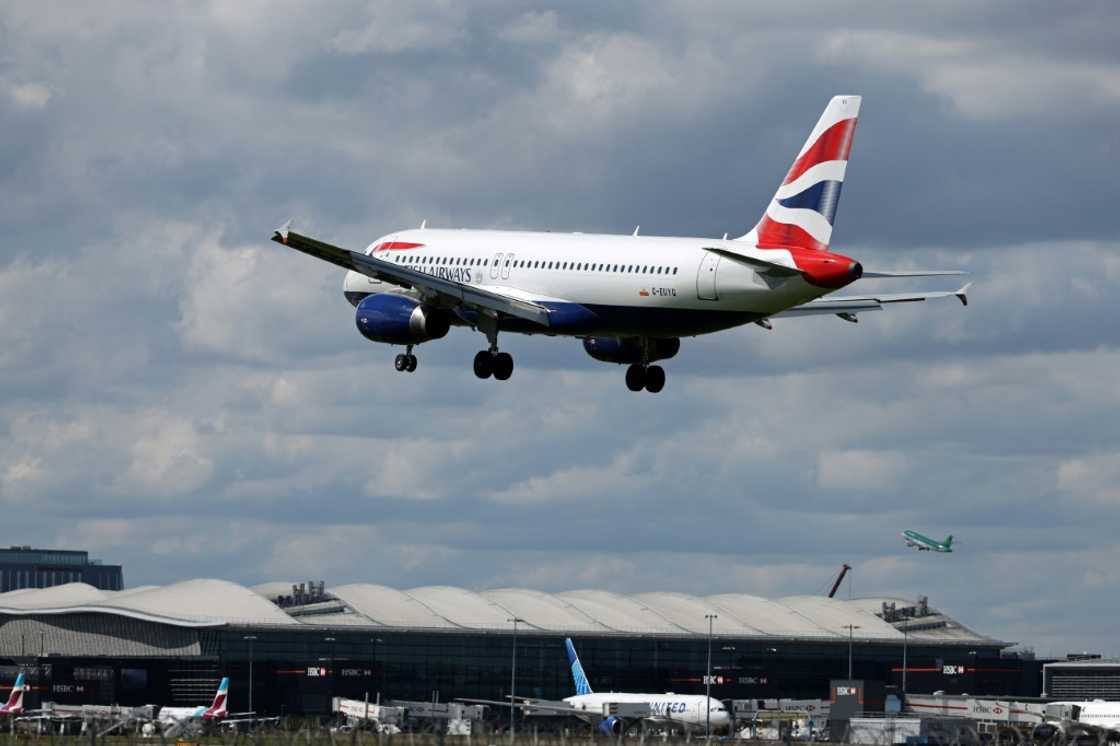
The UK government's advisory body stated on Wednesday that Britons may need to pay higher airfares and give up two steaks' worth of meat per week in order for the country to reach its net zero targets.
The UK's 2008 Climate Change Act mandates that the government submit periodic, legally enforceable targets towards achieving net zero greenhouse gas emissions by 2050.
The Climate Change Committee is responsible for providing the government with advice on the progress of those targets, and published its seventh report on Wednesday.
In it, the CCC advised that the carbon budget should be set at 535 Million Tonnes of carbon dioxide equivalent for the period 2038-2042, which will require UK emissions to fall to 87 percent below their 1990 levels.
"This would be a challenging objective, reflecting the significance of the task. But it can be achieved, as long as swift action is taken," the report stated.
The pathway outlined by the Climate Change Committee suggests that electrification and low-carbon electricity supply should account for the biggest share of emissions reductions.
The committee predicts that offshore wind will increase six-fold from 15GW in 2023 to 88GW by 2040 and onshore wind capacity will double to 32GW, made possible by "rapidly expanding the transmission grid".
By 2040, electric vehicles are expected to make up three-quarters of cars and vans and nearly two-thirds of heavy goods vehicles on the road, compared to only 2.8 percent of cars and 1.4 percent in 2023.
The shift is expected to be driven by the decreasing cost of batteries.
Less meat and dairy
The report states that the electrification of heating will be crucial in reducing emissions from homes. By 2040, it is estimated that half of the homes will be heated using a heat pump, up from around one percent in 2023. The report also estimates that the cost of achieving net zero will be approximately 0.2 percent of the UK's annual GDP.
"The rollout rates needed for the adoption of electric vehicles, heat pumps, and renewable energy sources are comparable to those achieved in the past for the mass market introduction of mobile phones, refrigerators, and internet connections," it added.
Improved infrastructure will prompt more individuals to opt for alternatives to driving, whereas "substantial price adjustments" will be necessary to regulate the demand for air travel.
According to the report, a return flight from London to Spain might cost around an additional £150 ($190) by 2050 if airlines shift the costs of meeting emission targets to passengers.
Farmers should be encouraged to shift away from livestock farming, resulting in a 27 percent decrease in the number of cattle and sheep by 2040.
Consumers will also be encouraged to reduce their intake of meat and dairy products, aiming for a 25 percent decrease in average meat consumption by 2040.
According to the report, the average reduction needed to meet the targets would be equivalent to consumers having two fewer meat-based main courses per week.
A meat main meal would be equivalent to a large doner kebab, a six-ounce steak, or a cooked breakfast.
The government and parliament must now take into account the recommendations before casting their votes on what the legally binding carbon budget should be.
